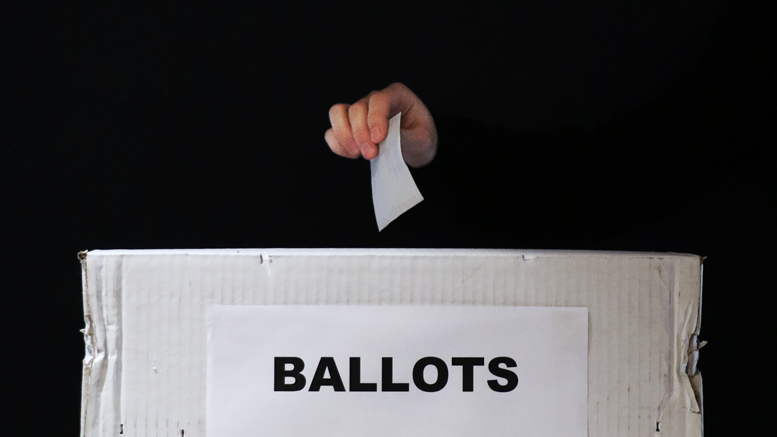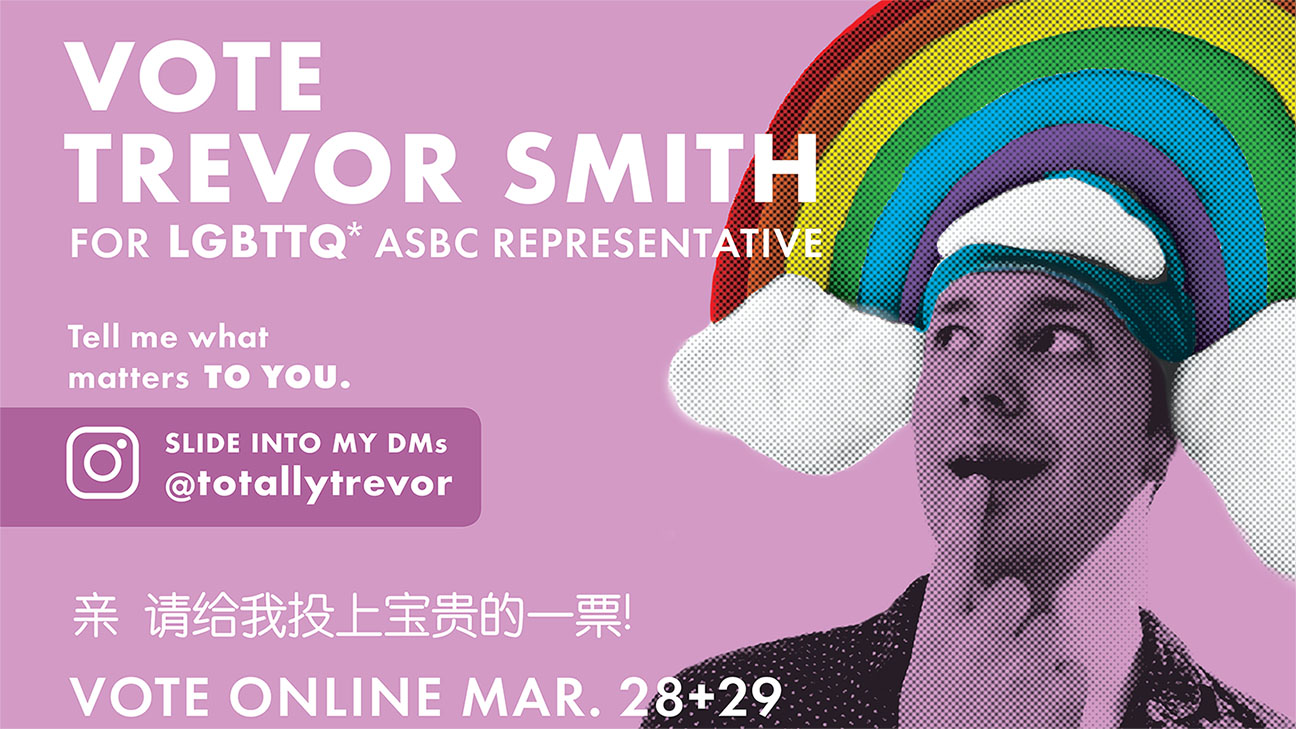Rule breaking, Instagram poaching and even collusion — two weeks of UMSU election campaigning saw 10 submitted complaints.
Violations of election rules are expressed in a demerit system. Demerit points are decided on the ruling of the union’s chief returning officer (CRO) after a complaint is filed. If any one candidate receives 50 demerits, they are automatically disqualified from running.
Out of the seven complaints published online so far and the three sent to the Manitoban by the CRO, the New UMSU slate received 80 demerits and the Exist slate received 10. Your UMSU, which went on to sweep the executive election, received no demerits and one warning.
CRO Darius Hunter said that while he felt that while the election was overall “pretty clean,” the complaint system was being deployed as what he called a “petty” campaign strategy.
“What I will say for sure is that the complaints felt more strategic on everyone’s end,” he said. “I felt that perhaps the system was being utilized so as to hinder people, not for the basis of just pointing out rules being broken.”
He added that the complaint system eventually reflected growing friction between the candidates.
“We were […] at the point where people are utilizing the rules in a sort of subtle sense to sort of jab at people,” he said.
“I think as tensions grew, so did the complaints and so did the level of complaint and utilizing the system in such a way that is meant to hinder, rather than to create a fair, equitable election. So I think that that needs to be reworked.”
The single complaint resulting in the most demerits involved collusion and pre-campaigning between the 2018 Future UMSU slate and New UMSU, after it was determined New UMSU was using the Instagram account Future UMSU campaigned with a year ago.
Screen recordings of New UMSU’s Instagram account, wearenewumsu, showed the account had amassed a following of 2,049 people less than a day before campaigning began.
Further evidence included photos from March 2018 that had been “liked” by wearenewumsu.
Photos liked by the Future UMSU account a year ago would appear to be liked by wearenewumsu after the account changed names.
While claims of collusion between Future UMSU and New UMSU members were dropped, Hunter determined sharing the account — and all its followers — broke electronic campaign guidelines.
Along with hitting presidential candidate Jake Letwin with 15 and all other New UMSU candidates 10 demerits, the ruling called for the Instagram account be deleted.
Letwin did not respond to several requests for comment.
New UMSU appealed the ruling to the UMSU judicial board on the basis that deactivating the account at the time of the ruling, Feb. 28, would put the slate at an unfair disadvantage. The board upheld the demerits.
At the time of publishing, the re-created wearenewumsu Instagram account had 291 followers.
Other demerits included an additional 10 demerits for New UMSU vice-president student life candidate Sydney Pankratz for campaigning in a prohibited area.
The Exist slate was handed five demerits each for for breaching poster rules and having a community representative show support for the slate on social media during campaign period.
Several complaints resulted in no demerits being assigned, including a complaint wherein the CRO warned slander would not be tolerated after an endorsement of Your UMSU by a volunteer suggested New UMSU was unqualified.
Another complaint that resulted in no demerits concerned Your UMSU hanging campaign materials in Pembina Hall residence, which the complainant said constituted a private space.
It could not be determined whether or not Pembina Hall was technically a private or public space, but past precedent considered it public and Your UMSU received no demerits.
Hunter suggested re-working the UMSU election postering policy as a way to reduce the number of complaints in the future.
“I really hope next year that UMSU works collaboratively with the faculties to create designated postering areas. So working with, say, the faculty of arts, say you can only put posters on this wall in Fletcher Argue. Or you talk to Asper, and they say only on this one or two bulletins,” he said.
“This isn’t a perfect solution to issues with putting posters up and around, but it definitely would remove a lot of the concerns.”
Hunter said based on his experience as a moderator for the campaign process, the overall environment created by student elections could be improved.
“I think that the nature of student politics and the nature of these elections creates a hostile environment, which it really shouldn’t be.”





